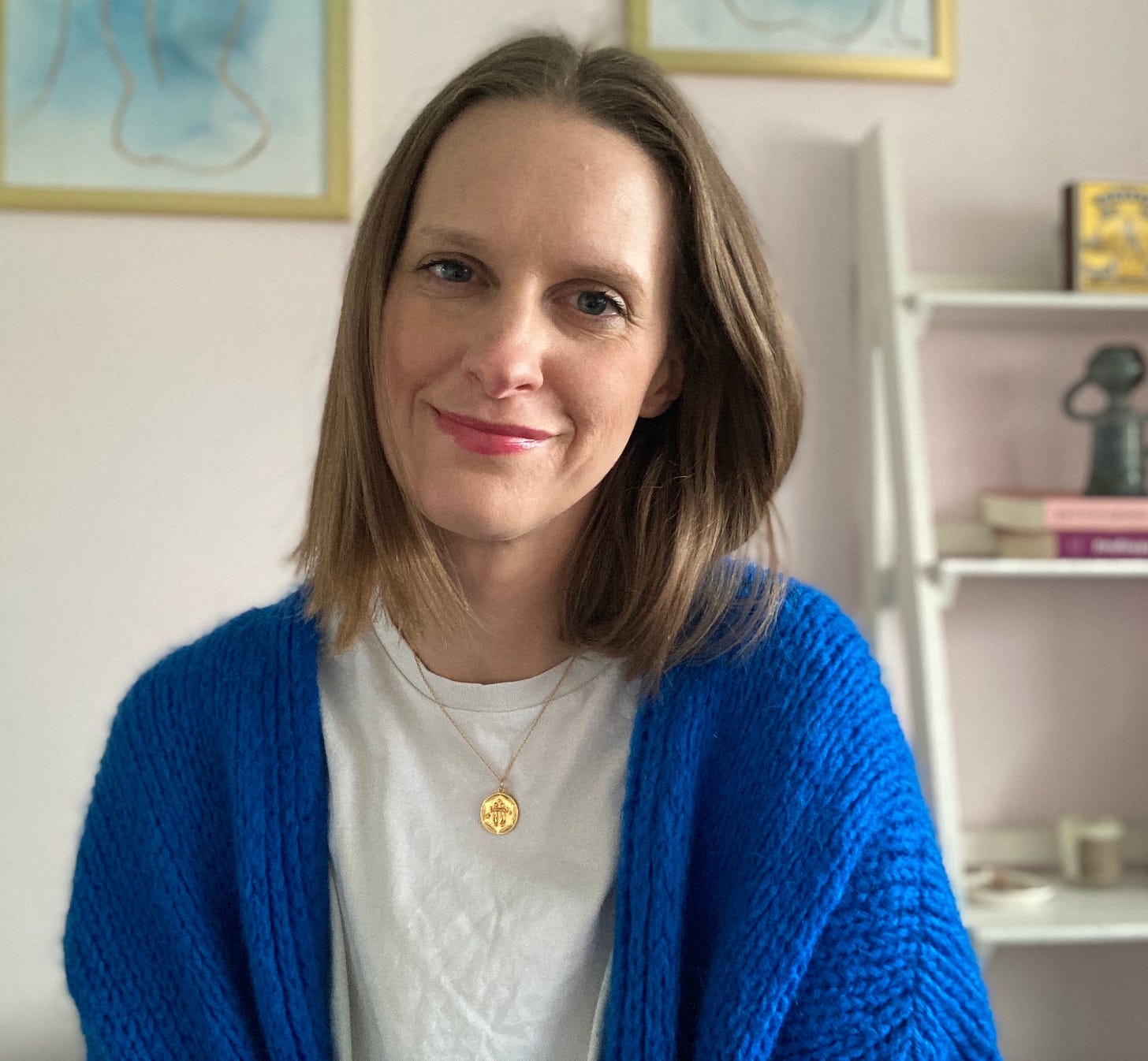Hello, lovely reader,
I’m taking a few weeks' pause to enjoy this lovely (rainy) UK summer.
To keep you going until September, here are some links to my long-read articles covering everything from fact-checking and neuroscience through to breast milk.
A friendly reminder: you don’t always need to create completely new content. Have a scroll through your archives and check if there’s anything that deserves another push.
Happy reading and see you in September!
Why brains are a women's health issue
You may not be surprised to hear that only 0.5% of neuroscience research looks at women's health. This is despite the fact that conditions affecting the brain, such as migraines and anxiety disorders, disproportionately impact women.
Finally, however, women's health neuroscience is getting the attention it deserves.
Recent fascinating findings include the role of hormone exposure to our long-term brain health and the connection between ADHD and the menstrual cycle.
In this article, I teamed up with Samphire Neuroscience to explore the brain’s sex differences and why they matter:
What is cycle-synced fitness and do we need it?
Female sports science is an area that is chronically under-researched. As a result, we have limited female-centered data, meaning that much of the fitness advice, equipment, protocols, and kit have been created with the male body in mind.
But, as more attention arrives in this space, we now have a new category emerging – cycle-synced fitness.
Professional sports bodies like the French Institute of Sport and the US Women's Football (soccer) team have explored cycle tracking within their training.
But how far should we go with this cycle-synced approach? Do we have enough information to integrate it into our routine? Are there any downsides?
I explored this topic with Nancy Best, women's fitness expert and founder of Ladies Who Crunch:
Can you spot a women's health fake? Interpreting and understanding clinical data
This is one of my most-read posts and people often recommend it when talking about misinformation in women’s health.
If you’d like to better understand clinical studies and check you’re using your critical thinking skills correctly, this one is for you:
Untapped microbiome magic
I think breastmilk is fascinating. It’s an overlooked wonder of science, and this piece gave me a chance to talk to an expert.
I worked with Booby Biome to find out what we’re finally learning about breastmilk and how we can make sure everyone benefits:
Speak soon,













